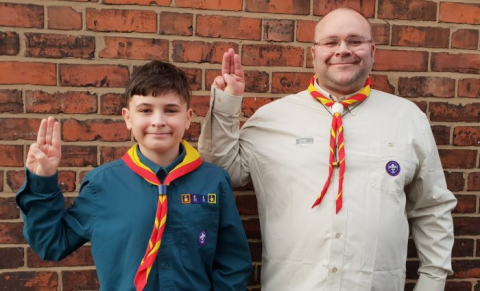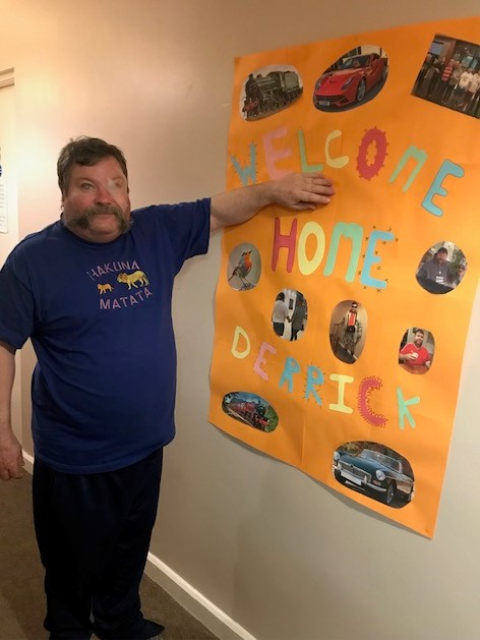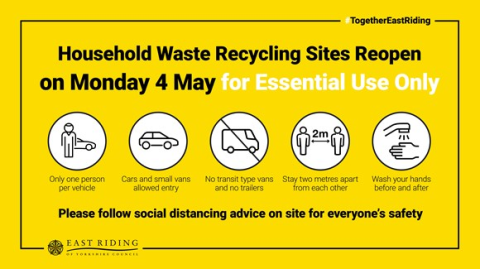
A man has regained his vision after nearly 50 years of being declared blind.
Derrick Johnson who lives at the supported living service, Aldam House in Goole, is finally able to see, after once being told by doctors that it would be impossible.

(30-04-117 SU)
The 56-year-old who has been blind since he was just nine-years-old was supported by the facility’s staff to receive the life-changing care just before the Covid-19 restrictions were in place.
With persistence, Mr Johnson and the Aldam House group were finally able to venture south to Brighton Hospital for him to receive a surgical corneal transplant in his poorest eye- a procedure that sees the damaged cornea removed and replaced with healthy donor tissue.
Following a long 12-hour round trip through London, Mr Johnson returned to the facility which he has lived in for the past three years to be able to miraculously lay eyes on the ‘welcome home’ sign, lovingly made for him by staff and fellow residents.
Mr Johnson said: “It is wonderful to see out of my eye now, especially to watch TV as I have missed that. I really want my right one doing now and I hope I can, so I can have full sight.”
Local service manager, Sonya Thomas said: “Our journey to Brighton Hospital and back was approximately 12 hours in total each time we visited. Negotiating the Tube and escalators as part of that journey is no easy task with a blind person who can only see one centimetre in front of him.
“Derrick is enjoying the flowers and trees in bloom for the first time in our garden, which he planted last year. He is also enjoying watching the birds that he feeds daily. We’re hoping he can also have the operation on his other eye, which also has limited vision, once the lockdown restrictions are lifted.”
Aldam House, a sanctuary support living service, offers people with mental health needs various types of support, including managing medical equipment, help with attending appointments, dealing with finances and developing vital skills they need to be able to live as independently as possible.



